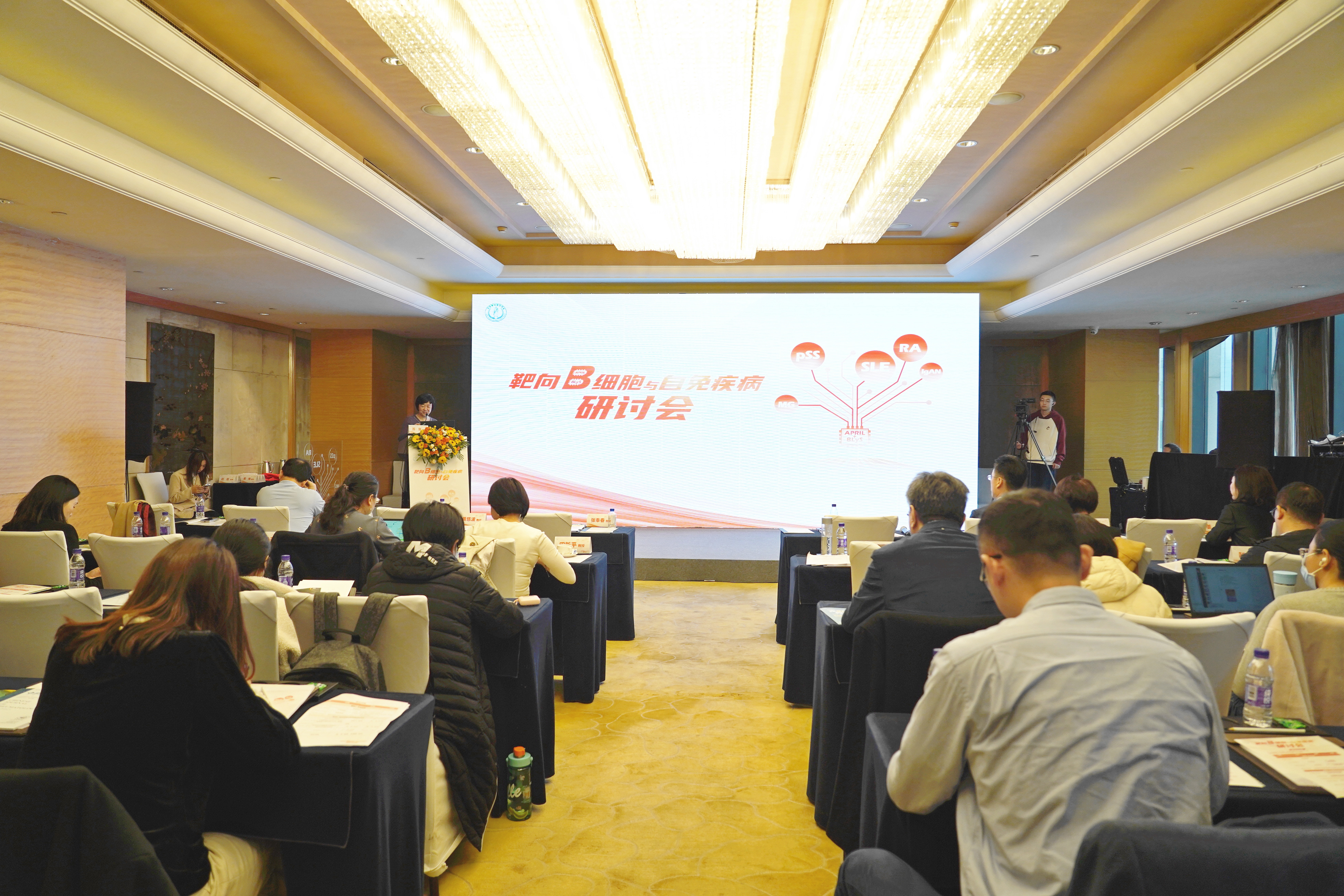
On November 9, 2024, the "Symposium on B-Cell Targeting and Autoimmune Diseases" organized by the Beijing Society of Holistic Integrated Medicine was held in Beijing with Professors Zhao Yan and Zhang Fengchun from Peking Union Medical College Hospital as general conference chairpersons. The experts present shared insights on the latest advancements in B-cell-pathway-targeted therapies for systemic lupus erythematosus (SLE), rheumatoid arthritis (RA), primary Sjögren's syndrome (pSS) and other related conditions and elaborated on how these developments are providing patients affected by autoimmune rheumatic diseases with access to more effective, standardized, and safe treatment options.
New Breakthroughs in Treating RA Comorbid with Other Autoimmune Diseases
Professor Zhang Fengchun from Peking Union Medical College Hospital gave a remarkable academic report titled "New Breakthroughs in the Treatment of RA Comorbid with Other Autoimmune Diseases". This session was chaired by Professor Jiang Quan from Guang'anmen Hospital, China Academy of Chinese Medical Sciences.
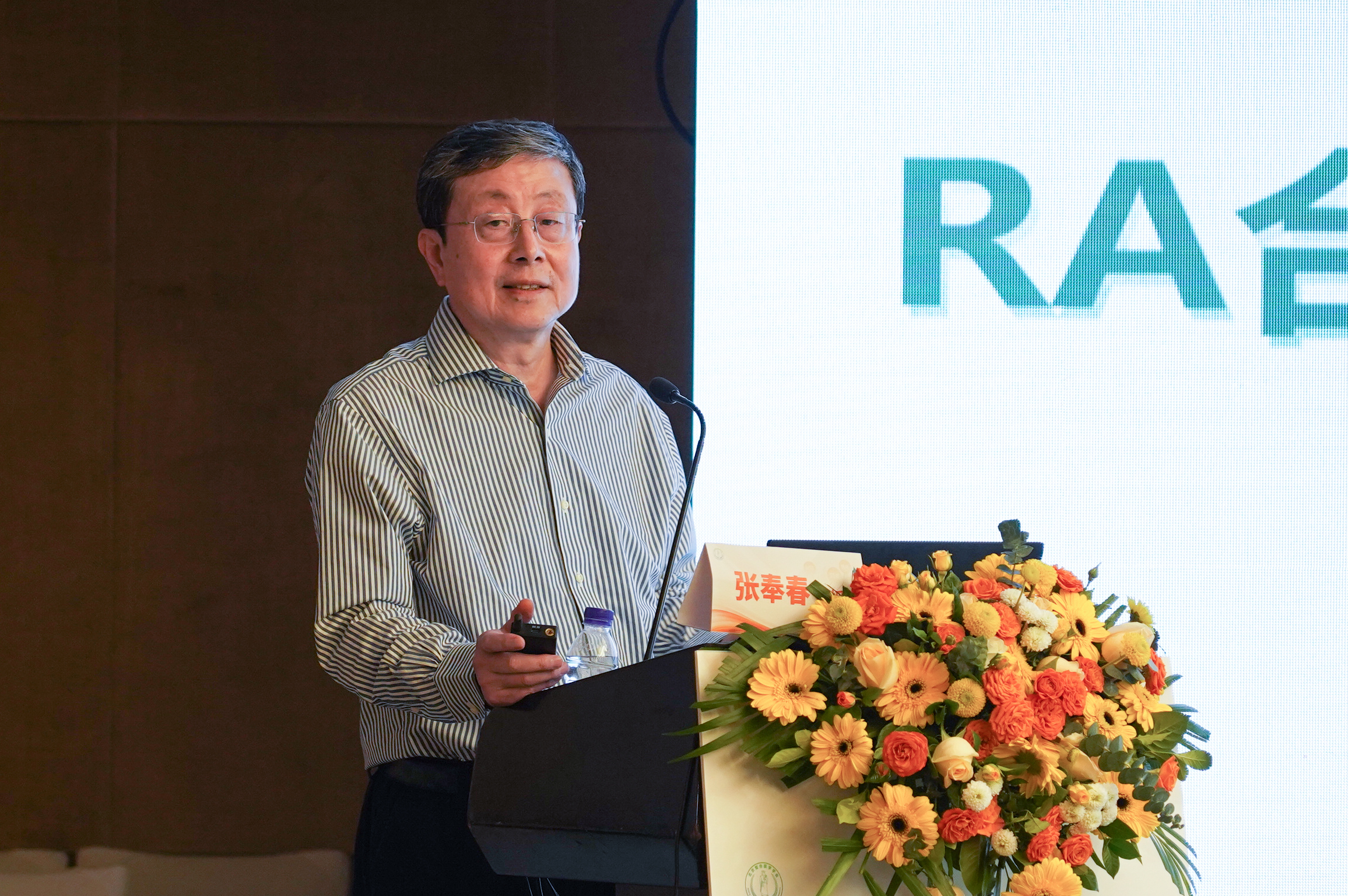

According to Professor Zhang Fengchun, RA in China is characterized by large patient volume, prolonged disease duration, high proportion of mediate to severe cases and significant prevalence of comorbidities. By now, around 5 million people in China have been diagnosed with RA and up to 20% of them also suffer from other autoimmune diseases. This comorbidity-affected population typically experience more severe joint erosion and faster progression as assessed via imaging evaluation, and face challenges posed by the lack of effective therapies.
Autoimmune diseases usually share similar pathogenesis in which B-cell pathway and the autoantibodies B cells produce play a key role. Telitacicept can simultaneously bind to BLyS and APRIL, thereby inhibiting the maturation and differentiation of autoreactive B cells and reducing the autoantibody secretion by plasma cells. This mechanism of action endows this novel agent with huge therapeutic potential for autoimmune disease and may bring about new treatment options for RA patients with other autoimmune diseases.
Profession Zhang Fenchun also gave a profound interpretation of data from studies on Telitacicept in treating patients with RA, pSS, and SLE. In the phase III study for RA (CTR20160867), Telitacicept demonstrated a rapid onset of action within 4 weeks among patients who had progressed on methotrexate. The primary analysis showed an ACR20 response rate of 67.4% at Week 24 and 72.2% at Week 48 in the Telitacicept 160 mg group. Nearly 90% of the patients had no progression as assessed by imaging evaluation, suggesting the treatment significantly slowed the progression of joint damage. In addition, Telitacicept had an comparable incidence of adverse events with that of traditional treatment regimen, showing manageable safety and tolerability profiles. In the phase III study for SLE (CTR20191388), Telitacicept demonstrated a rapid onset of action within 4 weeks and an encouraging efficacy evidenced by an SRI4 response rate of 82.6% at Week 52. It also reduced the risk of severe flare by 77.2%, and significantly improved complement and immunoglobulin levels.
In conclusion, Telitacicept offers a breakthrough in treatment and can provide an effective option for patients with RA combined with other autoimmune diseases.
Telitacicept First Recommended for Treating Sjögren's Syndrome in an Expert Consensus in China
Chinese expert consensus on the use of biological agents targeting B lymphocytes for the treatment of rheumatic and immunological diseases (2024), the first expert consensus in this field in China, has been released recently. Professor Tian Xinping from Peking Union Medical College Hospital gave a detailed interpretation of the consensus at this meeting, and Professor Su Yin from Peking University People's Hospital presided over this part.

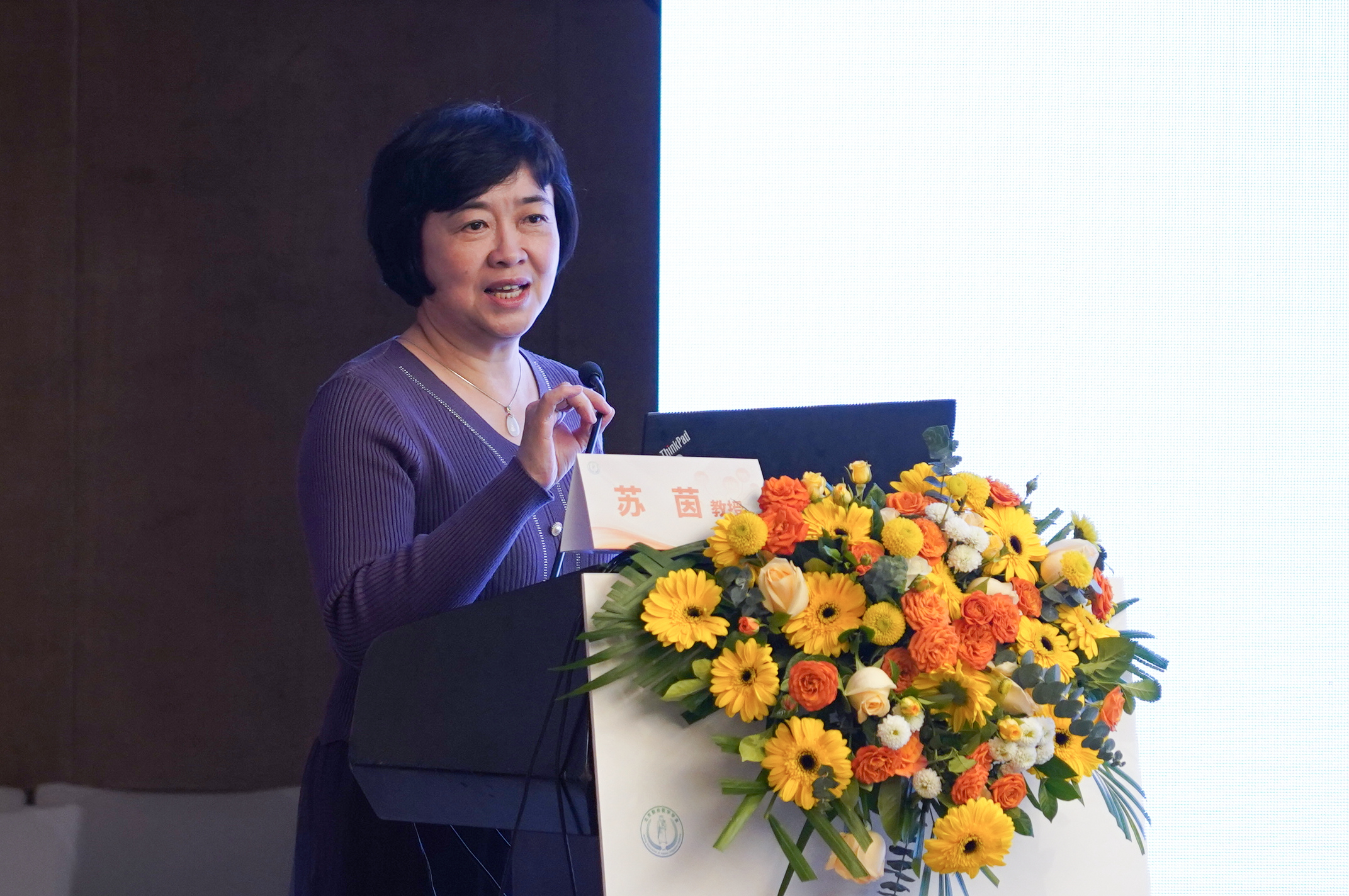
The consensus endorses the therapeutic value of Telitacicept for SLE and recommends Telitacicept combination therapies for patients with active SLE who did not respond to glucocorticoids and/or traditional immunosuppressants. Notably, both EULAR recommendations for the management of systemic lupus erythematosus: 2023 update and Chinese Expert Consensus on Biologics in the Treatment of Systemic Lupus Erythematosus (2024 Edition) indicate that biological agents may be used as a first-line therapy in moderate to severe disease, i.e. earlier initiating biological agents.
In this consensus, Telitacicept is the only B-cell targeted drug recommended for a definite indication of pSS. This is also the first time that Telitacicept has been recommended by authoritative guidelines and consensus in China for the treatment of pSS. At the same time, Telitacicept is recommended in Clinical practice guidelines for the treatment of primary Sjögren's syndrome by off-label drug use in China (2023 edition).
Telitacicept Helps Enable Earlier Initiation of Biological Agent Treatment for SLE
In recent years, breakthrough has been made in the treatment of SLE. At this seminar, Professor Mu Rong from Peking University Third Hospital presented the clinical exploration of biological agents as first-line treatments of SLE. The part was chaired by Professor Huang Feng from the First Medical Center of Chinese People's Liberation Army General Hospital.
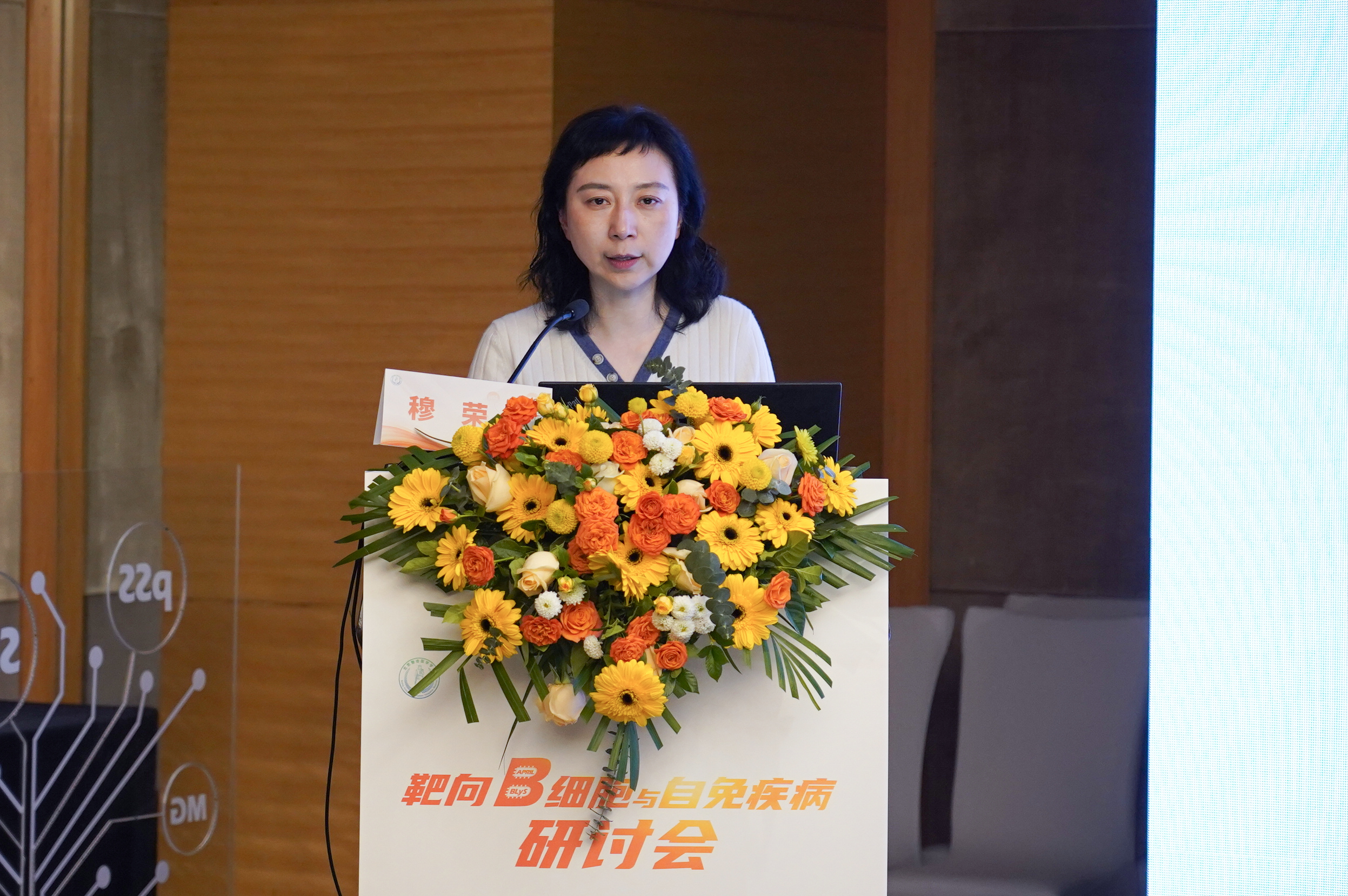
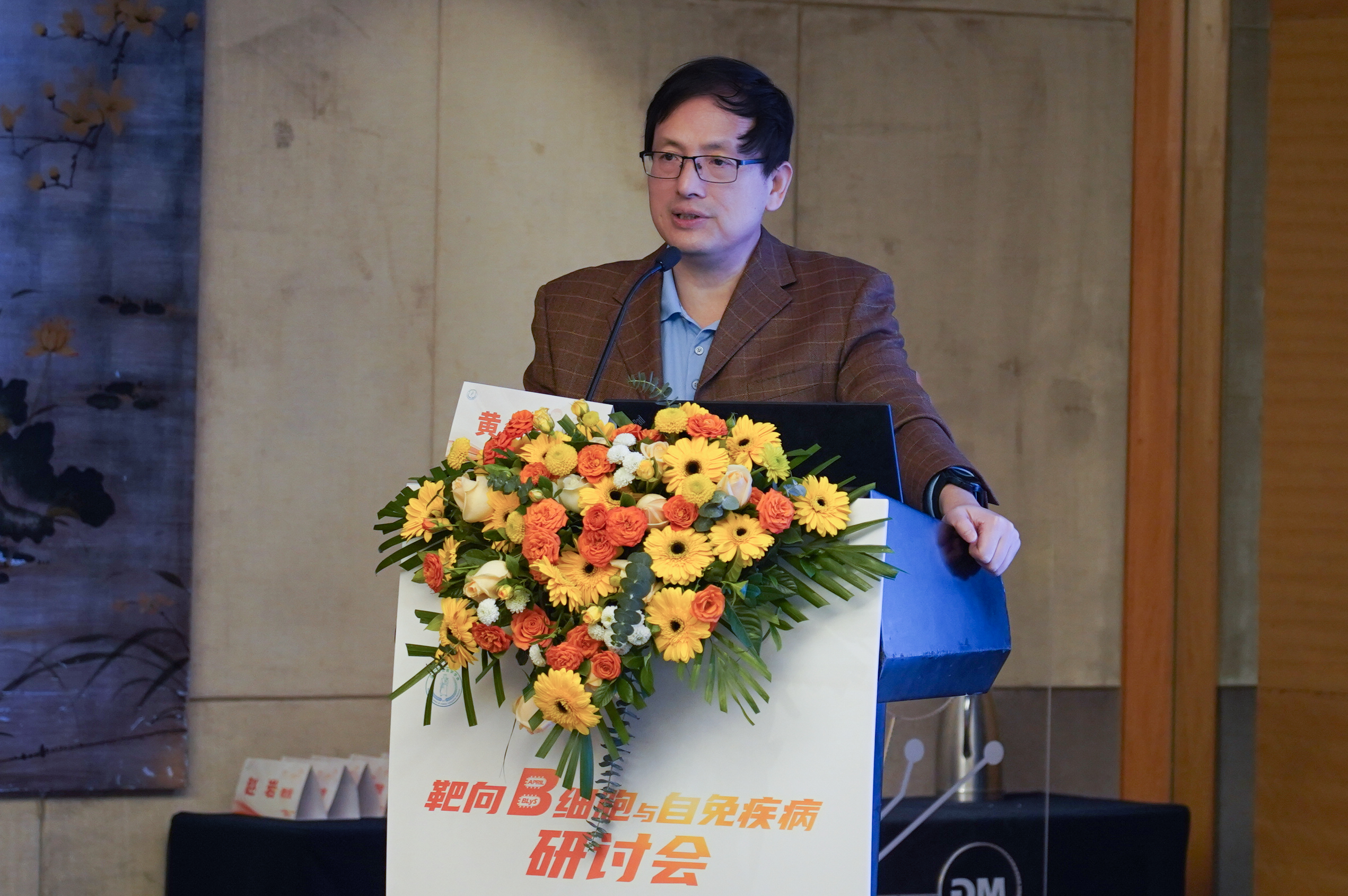
China has the largest population of SLE patients in the world. At present, glucocorticoids, antimalarial drugs, and immunosuppressants remain the backbone of SLE treatment globally despite their pitfalls. In guidelines/expert consensus in China and beyond, biological agents and immunosuppressants are recommended with no hierarchy: both may be used as a first-line therapy in moderate to severe SLE. Evidence shows that biological agents as the first-line treatment may help achieve a higher SRI-4 response rate, reduce glucocorticoid dosage, and lower the risk of recurrence, providing a better option for SLE patients.
The phase III clinical trial and the real-world study of Telitacicept in treating SLE in China showed that it may bring about early and sustained SIR4 response, and therefore serve as a better first-line treatment option with good safety profile for SLE patients.
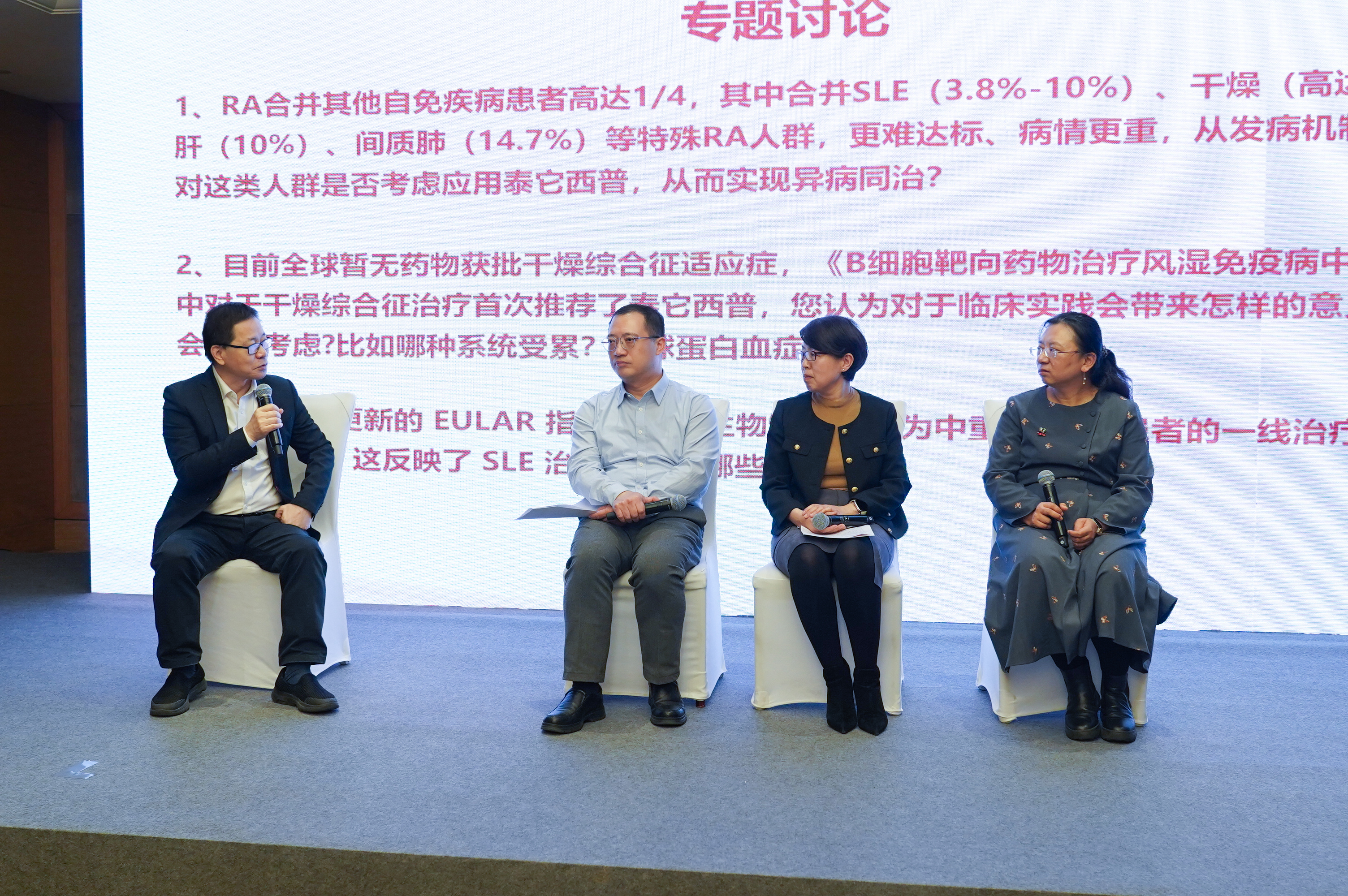
The discussion session was chaired by Professor Huang Cibo from South China Hospital affiliated to Shenzhen University. Professor He Jing from Peking University People's Hospital, Professor Meng Juan from Beijing Chaoyang Hospital affiliated to Capital Medical University, and Professor Zhao Yi from Xuanwu Hospital of Capital Medical University shared their opinion on the three reports. They all agreed that we have stepped into a new era where SLE treatment is moving to biological agents. Telitacicept is a novel biologic with favorable efficacy, tolerability and safety profiles and great potential in treating autoimmune diseases. It is expected that B-cell targeted biological agents may benefit more patients with autoimmune diseases in the future.
